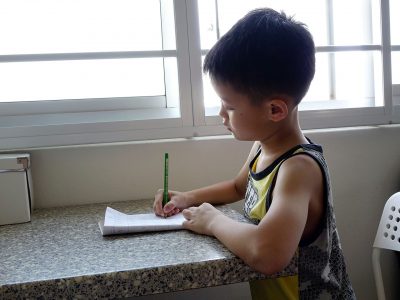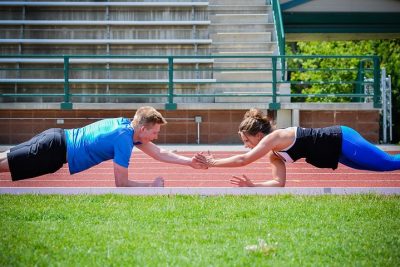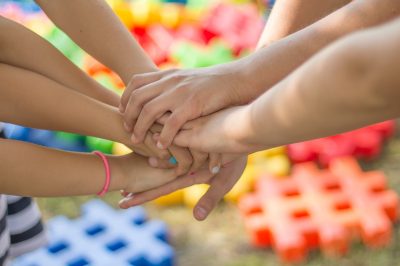Breakfast Club Blog

The BOOST Breakfast Club Blog is a curated space where bloggers from around the world contribute content on a continual basis about a variety of topics relevant to in and out-of-school time. The BOOST Breakfast Club blog is at the heart of an ongoing dialogue where expanded learning and education professionals share their personal thoughts and stories from the in and out-of-school time field. They also tell us what they ate for breakfast!
The BOOST Breakfast Club Blog is Brain Food for In and Out-of-School Time Leaders!
Interested in becoming a blogger? Email [email protected]
Click here to Register for a free account or click here to Login to your existing account.
Encourage Staff Well-Being: 3 Things to Try This Week
I recently spoke at the National Recreation and Park Association (NRPA) Conference alongside partners from the National Summer Learning Association, Afterschool Alliance, and Grow Appalachia. A common theme of our 3 workshops was the interconnectedness of physical health and social-emotional health to promote overall well-being. While at the NRPA Conference, we released an exciting new brief, Afterschool: Fostering Protective Factors that Can Last a Lifetime. The resource emphasizes the importan...Read More
A Holistic Approach To Helping Traumatized Kids, Adults, and Communities
I’m a voracious consumer of news. Each morning or lunch break, I set aside time to read headlines, scan news tickers, and flag the day’s trending developments on social media. Later in the day, I pick a few headlines or bookmarked videos, and dig into the details. When I have time, I read across news sources – traditional pieces, independent sources, and opinion bloggers – to provide more nuance to my understanding and sort out the general zeitgeist on the news of the day. Honestly, I think the ...Read More
Fostering a Growth Mindset
I remember extending my right hand up in the air and waving it feverishly. I thought today “I had enough” after being ignored by my fourth-grade teacher too many times, today was the day I was going to speak up. Each day, I eagerly raised my hand to answer a question only to be overlooked. (Know that this is my fourth-grade perception of things.) I would watch her peer out into the classroom and scan all the buzzing hands, including mine, hoping she’d pick me. Ugh! Again, I thought, “she only pi...Read More





